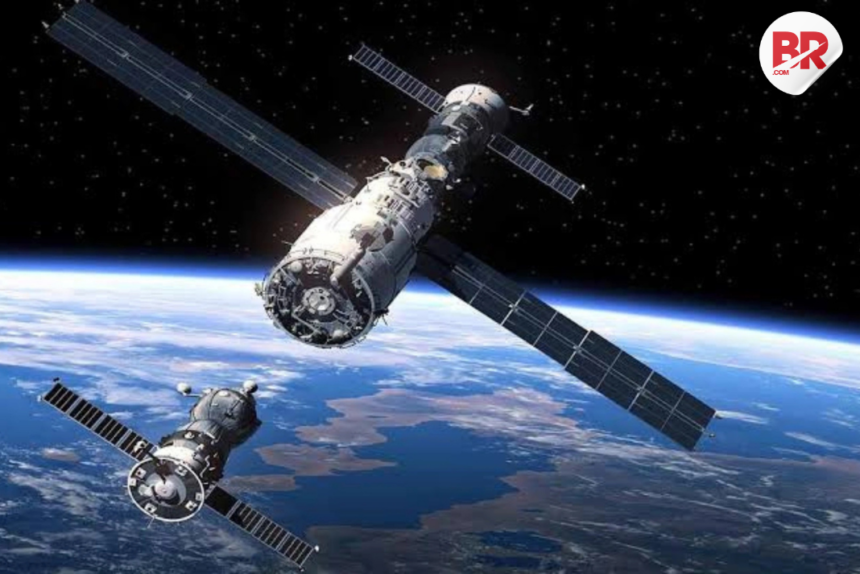
India is officially entering the space biology race, with its first-ever biological experiment set to take place aboard the International Space Station (ISS). Union Minister Dr. Jitendra Singh confirmed that Indian algae will soon orbit Earth in a joint research initiative by ISRO, NASA, and the Department of Biotechnology (DBT).
For the average person, this might sound like another space story. But it’s not just rocket science—it’s about food, fuel, and survival. This experiment could one day help grow food in space, produce clean energy, or even create new medicines. And it all starts with algae.

In a historic initiative, the first of its kind ever in the world, India is set to conduct first-ever biological experiments aboard the “International Space Station” (ISS) to study the sustainability of human life in Space.
The unique experiments, spearheaded by the Indian Space… pic.twitter.com/41g8D2YXzl
— Dr Jitendra Singh (@DrJitendraSingh) May 15, 2025
Why Algae? Why Now?
Algae might not look impressive on a plate, but in the lab, they’re superstars. They grow fast, adapt easily, and can survive in extreme environments. That makes them the perfect test subject for space.
In this experiment, scientists will study how algae grow and evolve in microgravity. They’ll compare growth rates, gene activity (transcriptomes), protein production (proteomes), and metabolism (metabolomes) in space vs Earth.
Basically, it’s algae’s audition for a life beyond Earth. If they survive and thrive, they could help us understand how life adapts to the extreme conditions of space.
What’s in It for India—and the World?
This is about much more than algae. This is about building a sustainable future in space. Long missions to the Moon or Mars need reliable food and oxygen sources. Algae can provide both.
On Earth, this research could lead to breakthroughs in biotech—clean biofuels, new medicines, better environmental solutions. And let’s be clear: these are not just “nice-to-haves” anymore. Climate change, rising health costs, and resource shortages make them urgent.
So yes, sending algae to the ISS sounds small. But it’s strategic. It’s smart. And it’s India showing the world we’re not just passengers in space—we’re co-pilots.
More Than Science—It’s a Statement
This mission shows India isn’t just catching up. We’re making our own path. We’re not just building rockets; we’re asking bigger questions. What does life look like beyond Earth? How do we protect and grow it?
The ISS experiment is also a diplomatic win. Collaborating with NASA and global researchers puts Indian science on the world map in a new way. It’s not about outsourcing talent—it’s about India leading from the front.
As ISRO continues its bold missions—from Chandrayaan to Gaganyaan—this biological leap proves that India’s vision for space goes beyond flags and footprints. We’re aiming for food security in zero gravity and biotech revolutions that start 400 km above us.
It’s science, yes. But it’s also pride.
Also Read After 40 Years, Another Indian Is Going to Space – Find Out Who!












